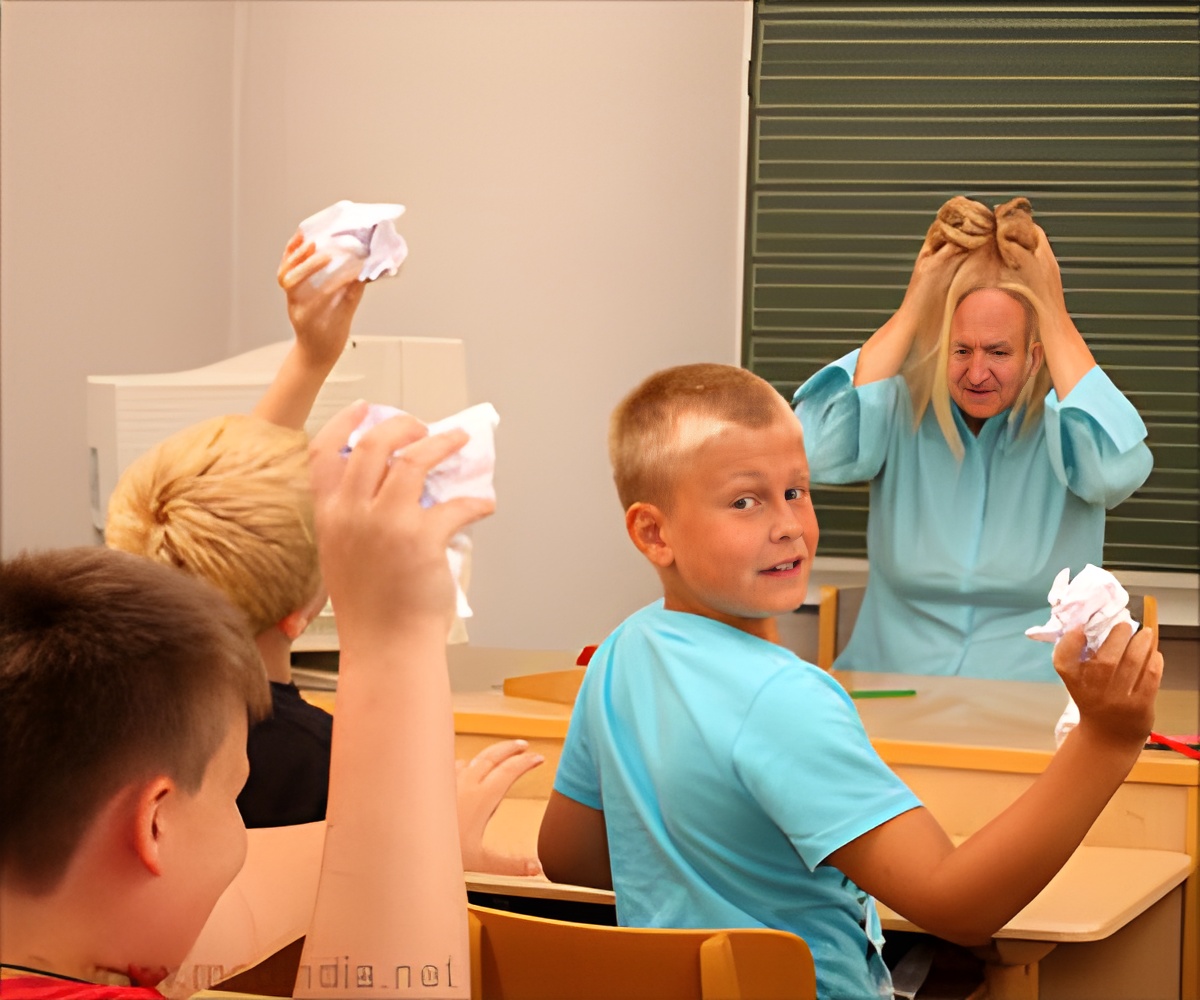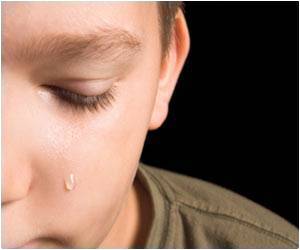Adverse experiences in early childhood, including incarceration of a parent, and physical and psychological abuse, impede on learning and behavior development.

‘Children in large urban areas across the country who were exposed to traumatic events in early childhood, were at increased risk for learning difficulty and behavior problems by the end of kindergarten.’





Dr. Jimenez said, "Poor academic and social skills, combined with poor health outcomes in adulthood, as shown in other studies, contribute to existing health and educational disparities. Our study adds to our understanding of the relationship between health, and academic and behavioral skills and offers an opportunity for physicians who treat young children to play a critical role in connecting families with community resources that may improve a child's chance for success." The researchers examined data from the Fragile Families and Child Wellbeing Study that included adverse childhood experiences as reported by the primary caregiver, as well as teacher-reported outcomes in academic achievement and behavior during kindergarten, a time during a child's life when academic and social skills have been shown to predict future achievement.
Data on more than 1000 children from 20 large cities in the United States were reviewed in this study. More than half of the children had been exposed to at least one traumatic experience and 12% were exposed to three or more adverse childhood experiences, as defined by the original Centers for Disease Control and Prevention and Kaiser Permanente Adverse Childhood Experiences Study. In addition, African-American children and children with family income less than $20,000 were more likely to experience at least one adverse experience than non-African-American children or those with greater family incomes.
Results of the analysis indicated a pattern in which children who experienced an increased number of adverse experiences exhibited below-average performance academically, behaviorally and socially. Specifically, language and literacy skills were below proficient, and attention and aggression were increased behavior concerns.
Nancy E. Reichman, professor of pediatrics at the medical school and a co-author of the study, said, "Our study results are important because they highlight important risk factors for future academic struggle, adding to the risk for poor health outcomes that already are associated with early childhood exposure to trauma. We hope our work encourages collaborations between educators and health professionals to support at-risk children and their families."
Advertisement










